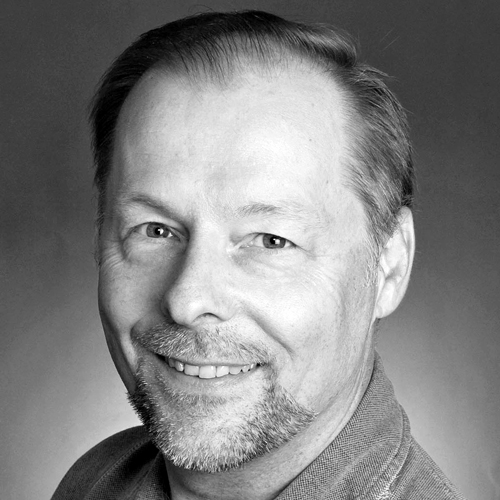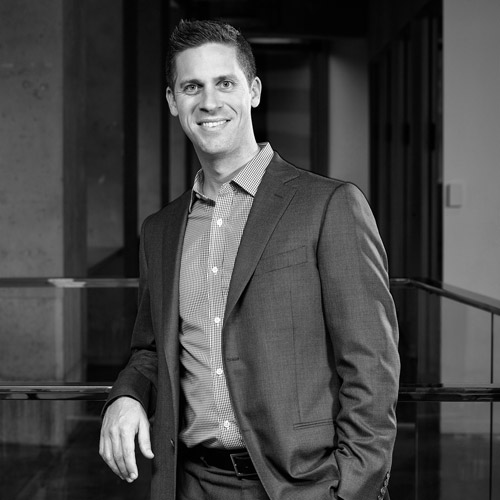Brilliant folks are found in the Texas Tech University System—professors across every conceivable discipline; doctoral candidates laboring over dissertations that break new ground in their field; ambitious research fellows forging new paradigms in thought; and chief audit executive Kim Turner.
WHAT IS WHITE COLLAR CRIME?
Edwin Sutherland first used the phrase “white-collar crime” during his 1939 speech to the American Sociological Society. Today, the term involves nonviolent crimes committed in commercial situations for financial gain. The Association of Certified Fraud Examiners categorizes white-collar crime into three types:
Financial Statement Fraud
Public and private companies can commit financial statement fraud when they deliberately misrepresent or omit financial statement data to create a false impression of an organization’s financial strength, often to justify bank approvals, bonuses, or to meet shareholder expectations.
Corruption
Corruption is the misuse of entrusted power for private gain, such as embezzlement, nepotism, bribery, extortion, etc.Corruption schemes make up 37 percent of the reported fraud cases, with a median loss of $200,000, according to the 2014 Report to the Nations on Occupational Fraud and Abuse.
Misappropriation of Funds
A scheme in which an employee steals or misuses the organization’s resources, such as theft of company cash, false billing schemes, or inflated expense reports.
Not only does Turner’s work find her ensuring compliance in every area of the university system—from the medical school to engineering to athletics and all points between—it also leads her to learn about white-collar crime that would go undetected without the efforts of her team.
Turner grew up in the cotton fields of Lubbock, Texas, near where her husband also grew up. They were both accounting majors, finding work in public accounting with Ernst and Young in Dallas, Texas, where together they began their family. Once their first child, a daughter, was born, they decided that they wanted to move back to West Texas, so that the kids would grow up around their grandparents.
During a trip back home to introduce their infant daughter to loved ones, Turner mentioned to a friend that she and her husband were mulling over a return to Lubbock. That soon got into the ear of the chief financial officer of the company the friend worked for, Furr’s Cafeterias, and a month later Turner was hired to build an internal audit department for the company from scratch.
Turner had been working at Furr’s Cafeterias for about four years when her mother told her about the opening at Texas Tech. She applied, and got it. Years later, the woman who hired her confessed that she granted the interview initially as a courtesy to her mother, not imagining she would hire her, but that Turner beat the competition. “I felt very fortunate to get the job,” she says.
It’s a big job, and Turner has proven more than capable of tackling its challenges head on. The Texas Tech University System includes two general academic universities (Texas Tech and Angelo State) and two health sciences center universities, all of which fall under Turner’s purview.
That means that one day she might be observing scientists in the school of engineering blasting two-by-four planks out of a cannon into brick walls as a part of tornado research. Then she could be looking at the safety of the chemistry department’s research practices into the effects of infectious agents on the human body, and the following day ensuring that a sports team is compliant with National Collegiate Athletic Association regulations.
“I’ve worked here eighteen years, and I still learn things all the time,” Turner says. “Different processes, federal or state regulations. And things are always changing in higher education. I tell people that the Texas Tech University System is a more complex business than most corporations. I love
working here.”
Turner’s office has auditors at each of the four universities, a team of sixteen. All of them report to her and the Board of Regents rather than to the presidents of the respective schools to ensure independence. Even the chancellor’s office is audited on a regular basis. Every year, Turner’s office creates an audit plan that lays out the work they will do over the following twelve months, which is then approved by the Board of Regents.
“We want to address the most significant risks, so we need to be well-versed in strategic planning, where the universities are going, and what could threaten the direction of the universities,” Turner says.
In addition to the strategic auditing plan, Turner sets aside a portion of audit hours for fraud investigations. Her office runs a hotline that employees can call if they suspect fraud. Turner says that the line receives one or two anonymous calls concerning fraud
every month.
The Association of Certified Fraud Examiners breaks down white-collar crime into three categories: financial statement fraud, corruption, and misappropriation of funds. Financial statement fraud is not a danger in a public university system because there are no stockholders to answer to, but the other two kinds do happen—from blatant theft of cash to buying personal items with university funds—more often than Turner would like.
Recently Turner’s office investigated an employee who had bought $500,000 worth of goods with university funds and then sold it on Amazon and eBay. A routine review by management led them to discover that another employee in charge of buying nutritional supplements for the athletic department actually owned the company they were buying the supplements from.
“It makes me angry when I see fraud,” Turner says. “But at the same time I’m glad we found it, or that someone brought it to
our attention.”
The chief audit executive says that while her department is always on the lookout for noncompliance and criminal activity, she tries hard to maintain good relationships with all the departments and the people she works with.
“We report positive things as well,” Turner says. “We are not ‘gotcha’ auditors. That just breaks down relationships. Our role is to help the system and the universities to leave them better off than when we found them.”

